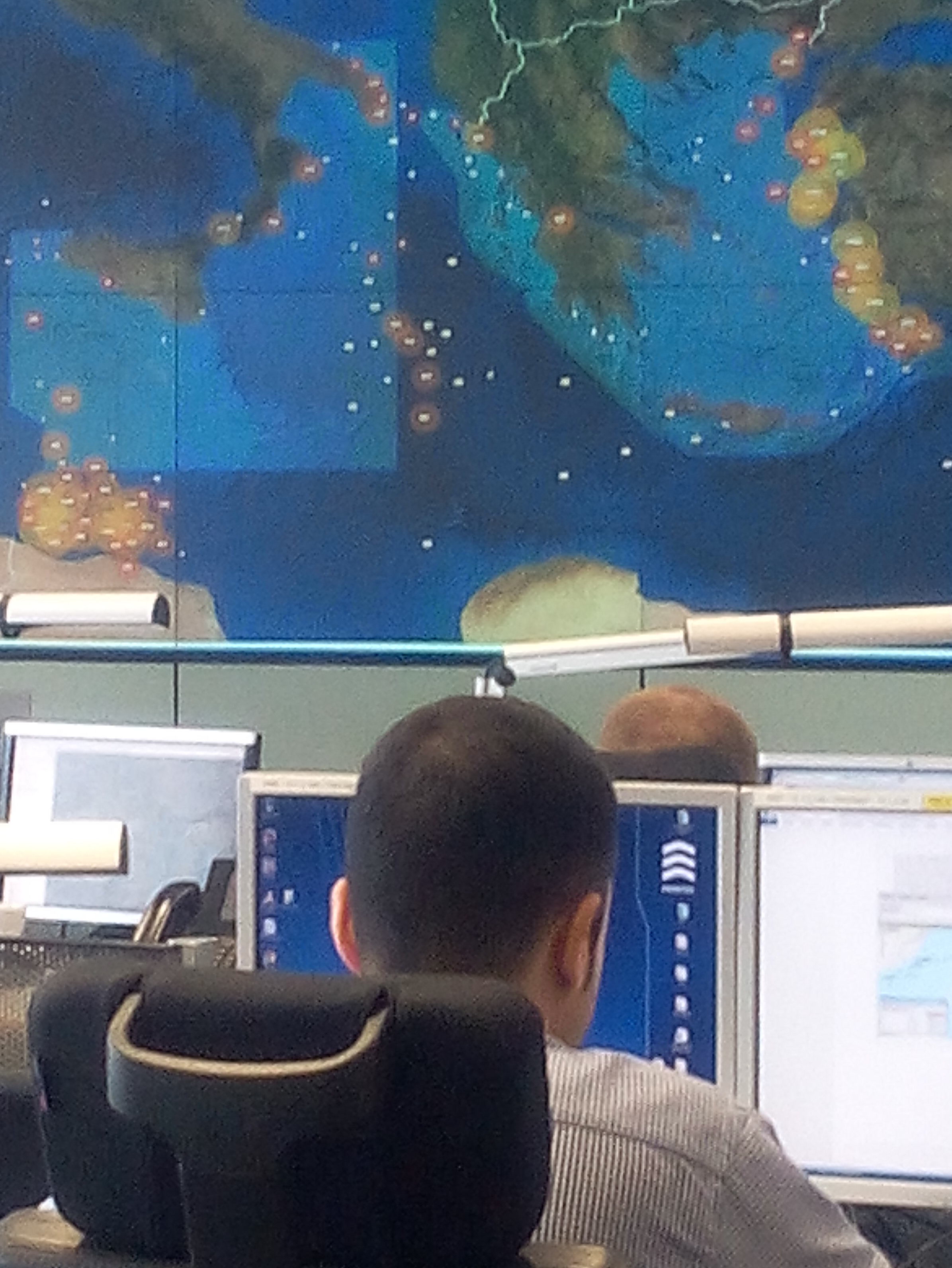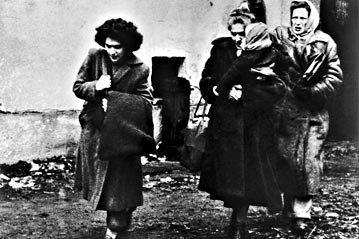[Yugoslavia Memory of a disaster] 1990. When the Bosnian Sandzak proclaimed itself autonomous
(It was during a report made in what was still Yugoslavia at the time, before the 1991 war, written by a colleague)
The SDA, a new political force with a confessional vocation, gradually widened its audience in Yugoslavia. One of its main demands relates to the autonomy of Sandzak, a region torn between three republics - Bosnia, Montenegro, Serbia - and which symbolizes the revival of Muslim nationalism. It is in Bosnia, moreover, where the country's largest Muslim community coexists somehow with a small majority of Christians (60% Christians against 40% Muslims), that its success remains particularly significant.
Within the tumultuous Yugoslav federation, Bosnia and Herzegovina seemed rather calm. However, last May, the creation in Sarajevo of a new political force, the SDA - Stranke Democratske Akcije * - caused trouble. A priori, the program of this new political force did not aim to shake the fragile balance of Bosnia; it militates in fact for democracy, respect for human rights and for all religions. The return to traditional values as well as the practice of Islam are also part of his aspirations. But its leader, Alija Lzetbegovic, timely awakened Muslim pride in the face of the preponderance of Serbs over other nationalities. Willingly also in Sandzak, the "sons of Islam" identify their struggle with that of the Palestinians. But more strategic than fanatic, the policy of the SDA is limited to warning "the potential aggressor". In this logic of intimidation, the peaceful mobilization of troops is enough... for the moment.
Thus, for the first time in Novi Pazar, last July, local officials and leaders of the SDA proclaimed the autonomy of the Sandzak; a declaration ratified by a show of hands by a crowd of 15 to 20.000 people. None of them expected such a crowd. As for the forces of order, they were largely absent, contenting themselves with regulating the circulation of automobiles.
The basis of this event is elsewhere... Since the resurgence of the Albanian question in Kosovo, Serbian populism is in full swing throughout Yugoslavia. And if Novi-Pazar - hypothetical capital of Sandzak - is located on the edge of the high mountains of the South-West, we do not forget that Prishtina is only a few tens of kilometers away. In addition to this geographical proximity, Bosnians of Muslim nationality do not lack common denominators with the Albanians of Kosovo: standard of living, religious denomination, feeling of injustice, identical... For the regional head of the SDA, "here, the Muslims are always held responsible. We don't want to fight, but since the Serbs take it that way, we will have to." Rumors about the Kosovo martyrs are rife. It denounces pell-mell the Albanian genocide, the desecration of Muslim cemeteries and the will of the Serbs to dismantle the Muslim regions. Notable sign, the speaker came to plead, in July, the cause of the Albanians was accomodated like a hero with the platform of the "People's Parliament".
The harshness of daily life does not escape criticism either; Sandzak is rejected from the economic development of Yugoslavia, just like Kosovo. The SDA's proposal to redistribute the land to the poor peasants finds here all its raison d'être.
In this climate hostile to the federal government, the support of religious leaders also fueled the enthusiasm of activists. In Novi Pazar, the mullahs and their categorical condemnation of pornography achieved unexpected success. Obviously, the liberal tendency of the SDA is not guaranteed in the face of some of its members who are more willingly turned towards religion. "In this country we are five million Muslims - says Alija Lzetbegovic. We must find our unity ourselves and no one else will move us."
For now, the SDA is channeling the rise of Muslim nationalism into Bosnia, the nerve center of Yugoslavia, and into "Sandzak". But what will happen when Muslims no longer want to suffer both the animosity of other nationalities and the setbacks of the Yugoslav economy?...
(published in l'Evènement du Jeudi, October 1990 © Sarah Finger)


